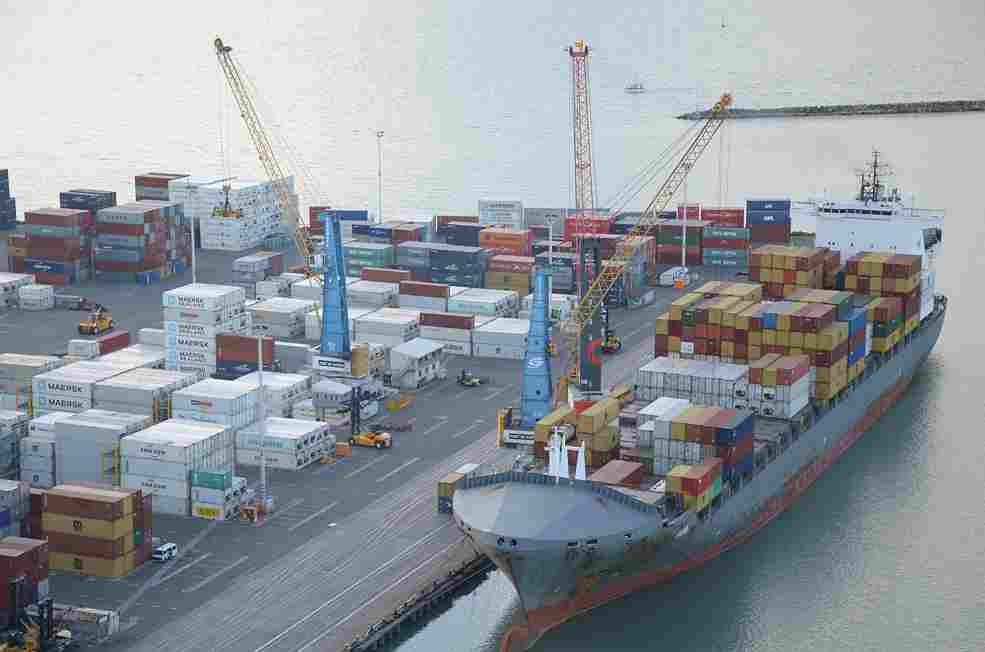Bunker fuel is a fundamental element that drives the global shipping industry, providing the energy necessary to propel vessels that transport the majority of the world’s goods across oceans and seas. This essential fuel type plays a pivotal role in enabling efficient and reliable maritime transportation, thereby facilitating international trade and fostering economic interconnectedness on a global scale.
Powering Maritime Operations
Bunker fuel powers a diverse fleet of maritime vessels, including container ships, tankers, bulk carriers, and cargo vessels. These ships are instrumental in transporting goods ranging from raw materials to finished products, linking production centers with consumer markets worldwide. Bunker fuel ensures these vessels can traverse vast distances efficiently, optimizing shipping routes and minimizing transit times, which is crucial for maintaining the competitiveness of industries reliant on timely delivery and global distribution.
Enabling Global Supply Chains
Maritime shipping, driven by bunker fuel, serves as a cornerstone of global supply chains by providing a cost-effective and scalable means to transport large volumes of goods across international waters. This capability facilitates the seamless integration of economies and markets, ensuring goods reach their destinations in a timely manner to meet consumer demand and support industrial production schedules. Without bunker fuel, the logistical infrastructure supporting global trade would struggle to function effectively, impacting industries, businesses, and consumers worldwide.
Economic Contribution
Efficient maritime transportation, powered by bunker fuel, stimulates economic growth by expanding trade opportunities and fostering market connectivity. It enables businesses to access global markets, source raw materials and products from diverse locations, and optimize supply chain efficiencies through economies of scale. Moreover, the maritime sector supported by bunker fuel significantly contributes to job creation and economic development in port cities and coastal regions, enhancing prosperity and livelihoods across maritime communities.
Environmental Challenges and Regulatory Responses
While indispensable, bunker fuel usage raises environmental concerns due to emissions of sulfur oxides (SOx), nitrogen oxides (NOx), and particulate matter during combustion. In response, international regulatory bodies such as the International Maritime Organization (IMO) have implemented stringent regulations to mitigate environmental impacts from shipping activities. Initiatives like the IMO 2020 sulfur cap mandate, which limits sulfur content in marine fuels to 0.5%, promote the adoption of cleaner alternatives such as low-sulfur marine gas oil (MGO) and very low sulfur fuel oil (VLSFO). These measures aim to reduce air pollution, improve air quality in port cities, and safeguard marine ecosystems.
Future Directions and Innovations
Looking forward, the future of bunker fuel in global trade hinges on ongoing innovations and technological advancements aimed at enhancing fuel efficiency and reducing emissions. Developments in alternative fuels like liquefied natural gas (LNG), hydrogen, and biofuels present promising opportunities to transition towards more sustainable maritime transportation solutions. Furthermore, advancements in emission control technologies and operational practices drive industry-wide efforts to achieve greater environmental sustainability while maintaining the efficiency and reliability of global shipping networks.
Conclusion
Bunker fuel is indispensable for global trade, powering maritime transportation and facilitating the movement of goods essential to economies worldwide. Its role in connecting markets, supporting supply chains, and driving economic growth underscores its significance in international trade and commerce. As the maritime industry continues to evolve, innovations in bunker fuel technologies and regulatory frameworks will play a crucial role in balancing economic imperatives with environmental sustainability, ensuring the continued vitality and resilience of global trade networks.






